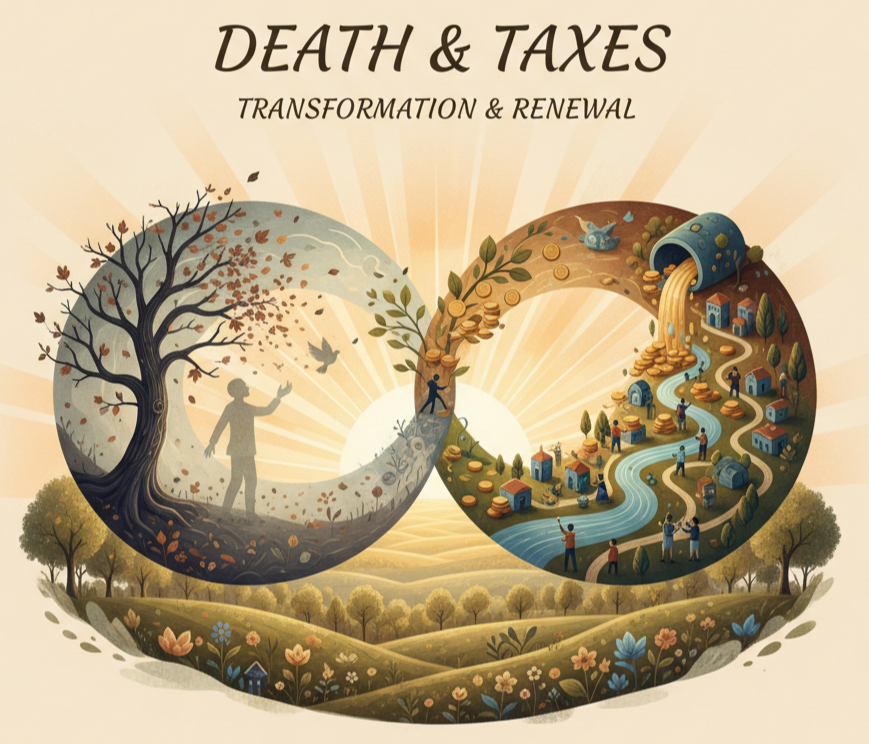Student, Guru, Devotee, Parent, .. Powerful Self-endowed Degrees.
- Das K

- Oct 5, 2025
- 3 min read
The Most Powerful Degrees are the Ones You Give Yourself
We’re taught that a degree is something an institution bestows upon you. It comes with a certificate, a seal, and society’s approval. But what if the most profound degrees in life are the ones that require no institution at all? These are the self-endowed degrees—powerful declarations of identity and achievement that come from within.
Take the degree of success. Society loves to define this for us: a certain job title, a specific salary, a particular house. But the true degree of "How successful am I?" is yours to design and yours to award. When you believe you're successful, you are successful. If you are content with what you have, if your desires are aligned with your reality, then you have arrived. You are the one who decides the destination, and you are the one who gets to say, "I have reached." This degree is based on your personal achievements, your desires, your fears, your aspirations, and your belief system. The world cannot dictate your fulfillment; only you can.
This philosophy extends to other roles we often over-complicate.
Consider the degree of being a Guru or teacher. In the Vedic spiritual texts, there is a beautiful concept: "Guru is a Tattva." A Tattva is an essential principle or truth. This means there isn't someone who inherently is a guru; rather, it is my belief that makes him so. By looking up to someone, by accepting that their words or actions endow me with knowledge and guide me toward realization, I bestow upon them the degree of "my Guru." The person doesn't even need to accept it. If I decide to look up to a leader, a writer, or even a historical figure as my Guru, that degree is real because I have granted it.
Similarly, the degree of being a student is self-endowed. I might have graduated decades ago, but if I believe I am still learning, if I approach the world with curiosity, then I am a student. That identity is mine to claim, regardless of any external validation.
But perhaps the most powerful and misunderstood self-endowed degree is that of being a Parent.
We have institutionalized parenthood. We believe it requires a biological connection or legal documentation. But is that what truly defines a parent?
Let’s strip the concept down to its essence. To be a parent is to be a responsible adult who nurtures, protects, and loves a young one. The young one is simply an immature being who needs guidance and care.
Now, imagine a theoretical scenario. A child has two figures in their life: one is the biological parent, who is an irresponsible addict, offering no love or stability. The other is an outsider—perhaps a neighbor or a family friend—who loves this child deeply. This person listens, provides, sets boundaries with compassion, and fulfills the child's needs without being asked. They act, in every meaningful sense, as a parent.
Who is the real parent?
The answer is clear. It is the person who believes the child is their own and acts accordingly. What makes you a parent is the belief that "this is my child" or "this is a child who needs my care." It is the commitment to contribute to their welfare, well-being, and growth, to ensure they have a life as good as, or better than, your own.
This is a self-endowed degree. Just as I can declare someone my Guru, I can choose to embrace the role of a parent to any child in need. We are supposed to be more advanced than animals, who are often driven solely by genetic imperative. As humans, we have the capacity to extend our care beyond our own DNA. We should look at all young people as our collective responsibility, a duty to further the development and prosperity of our own clan, our own species.
And we can take this even further.
The degree of being a parent can blossom into becoming a universal parent. It starts with the qualities: giving, sacrificing, sharing, and nurturing. As you let these qualities flower within you, your capacity for parenthood expands. You move from being a parent to two biological children to being a parent-figure to many. You begin to see all young life—a sapling, a kitten, a calf—as worthy of your nurturing spirit.
Ultimately, you become a fatherly or motherly figure who sees everyone, regardless of age, gender, or belief, as your own. We see this in our greatest spiritual leaders, who look upon all with unconditional love, always ready to give and share.
This is the power of the self-endowed degree of Parenthood. To claim it, we need only dissolve the artificial boundaries between what is institutionalized on paper and what is natural in our hearts. We must simply be there for those who need us, ready to give the most profound gift we have: the gift of ourselves.




Comments